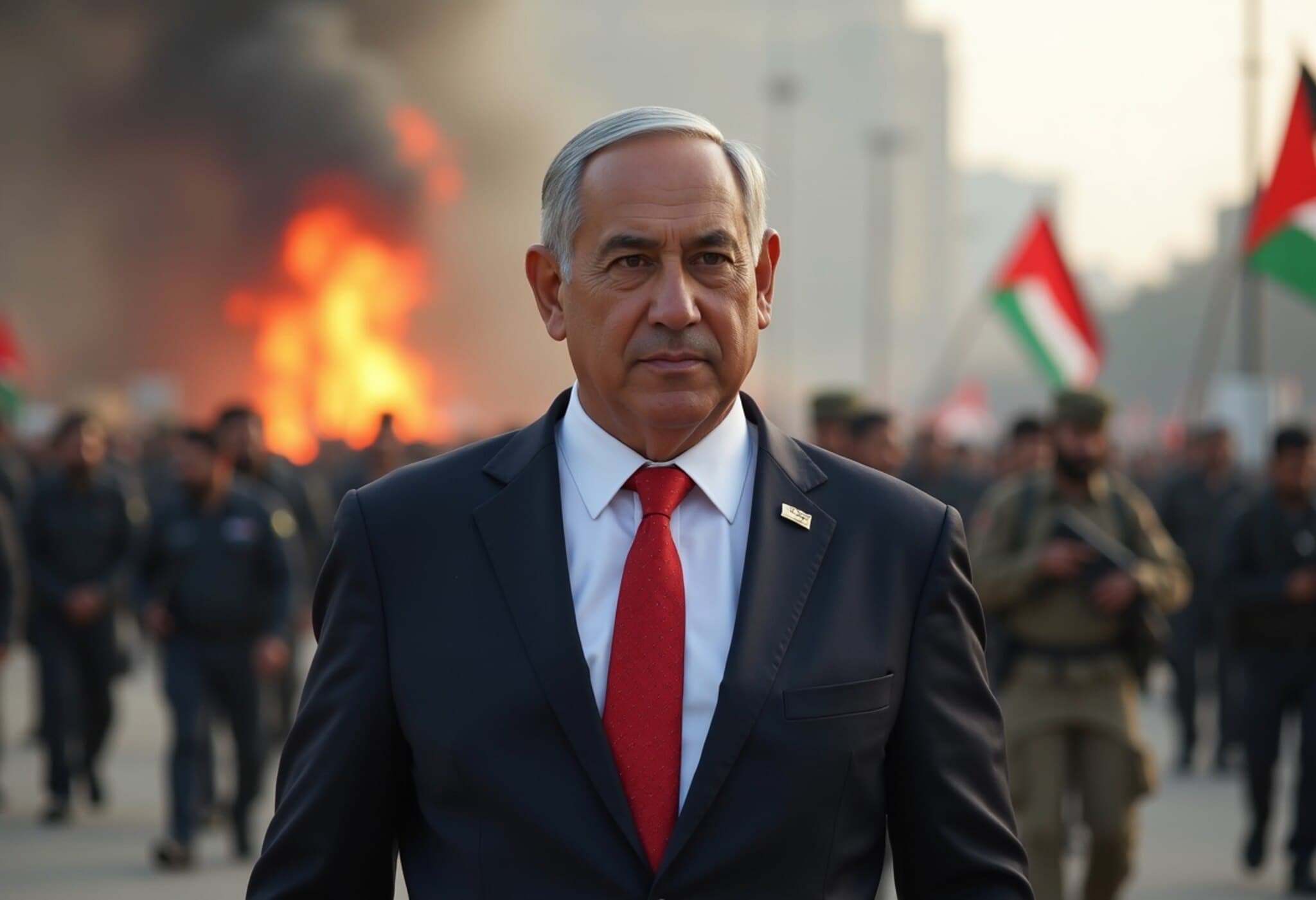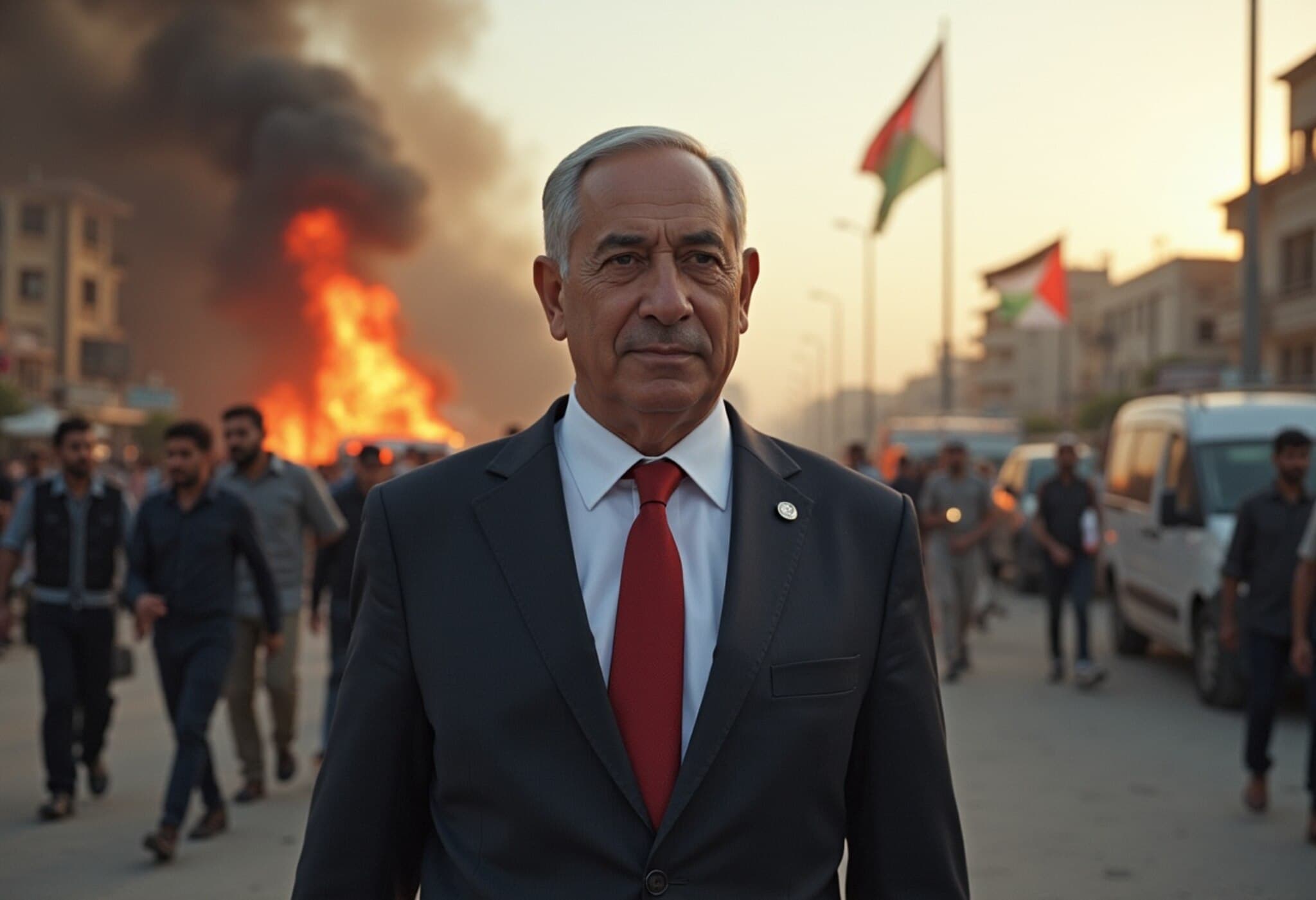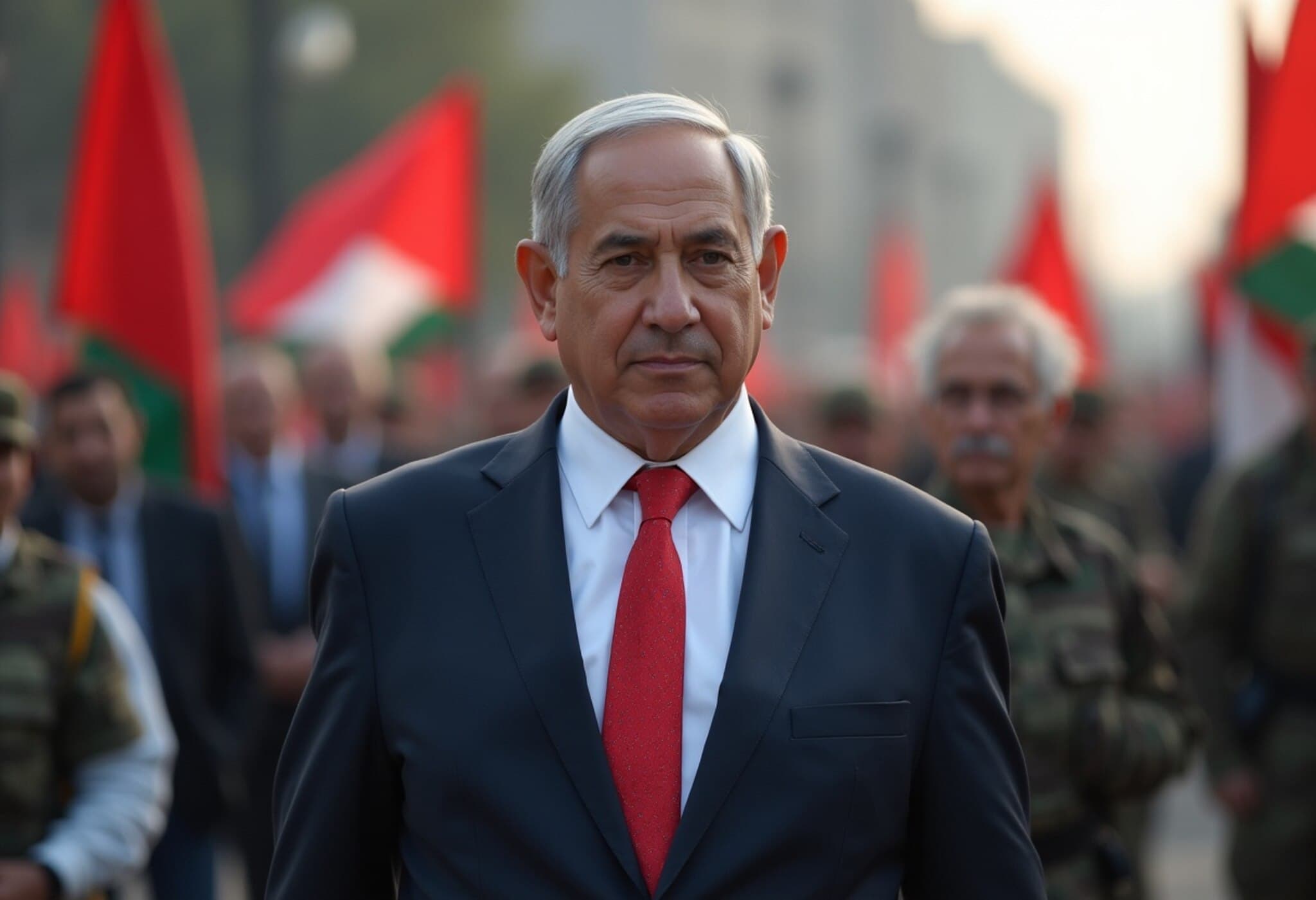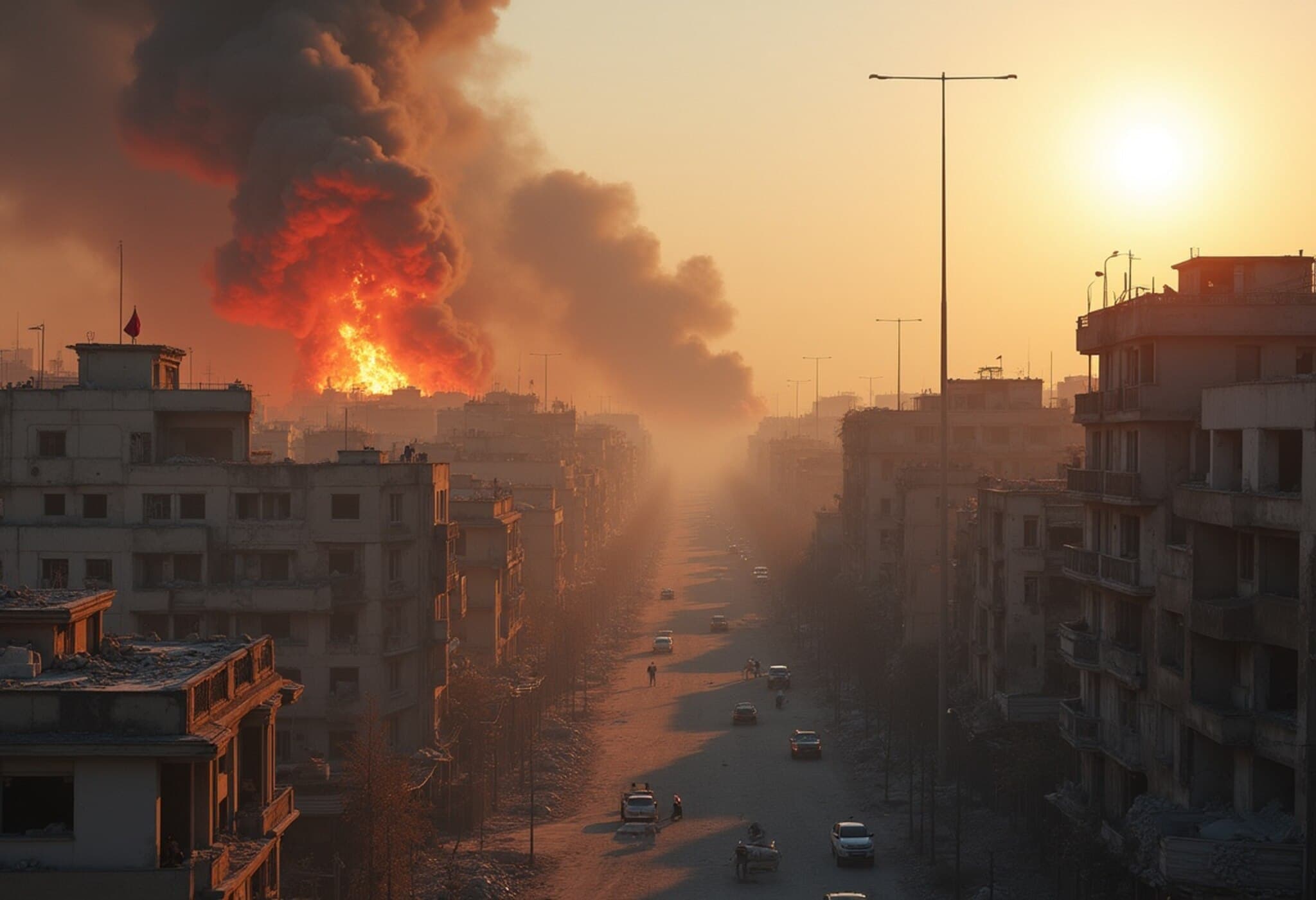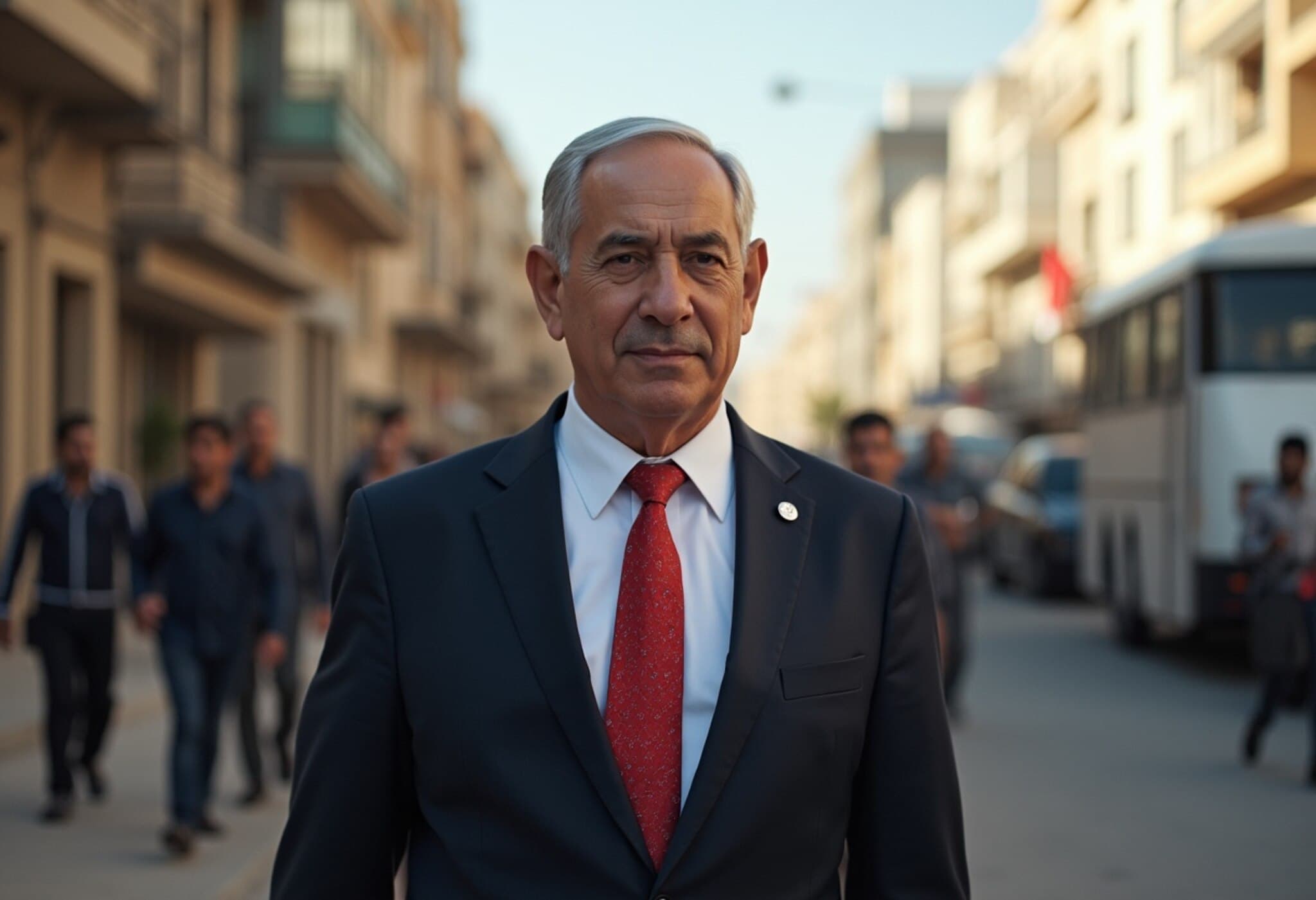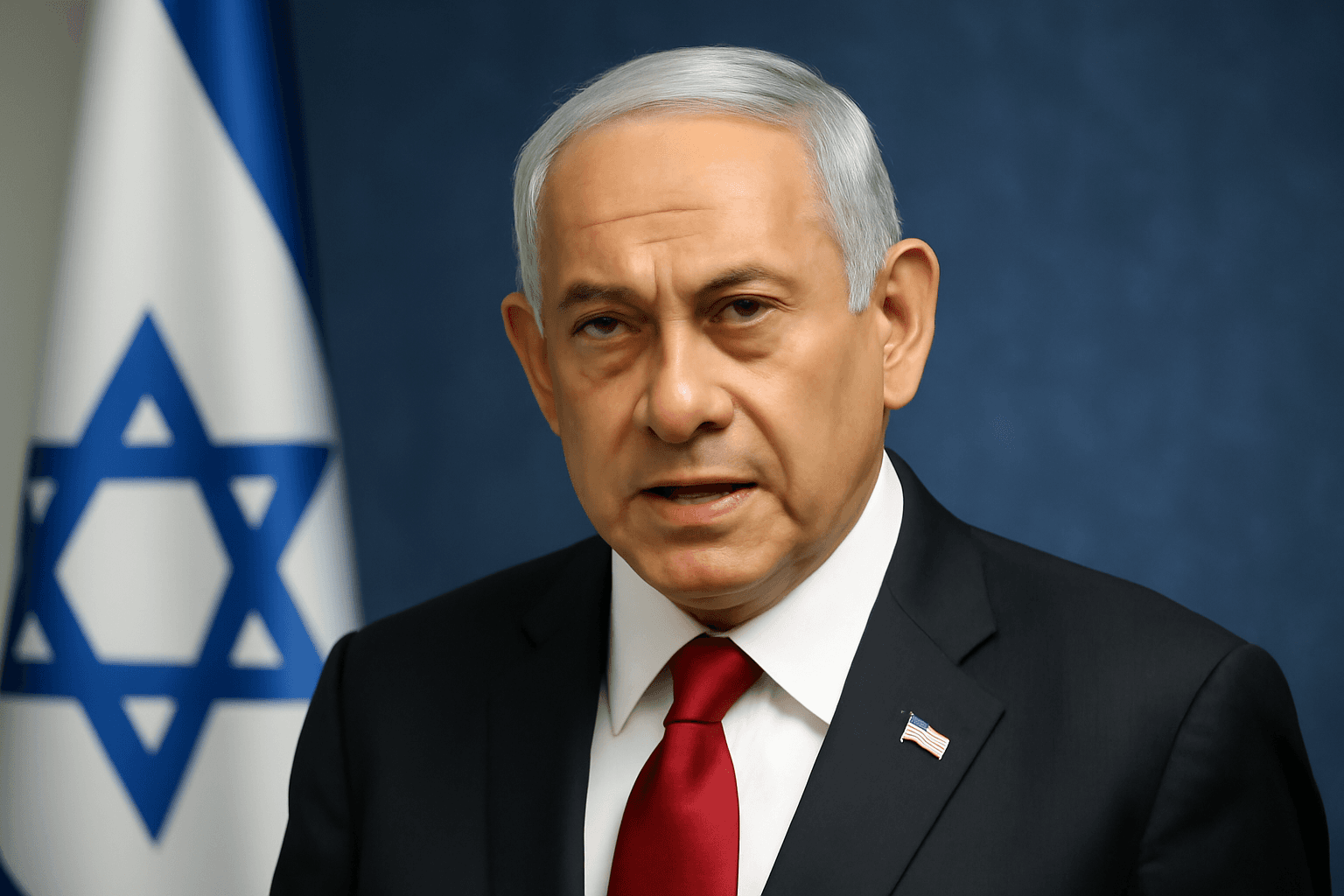Australia Stands Against Israel’s Proposed Control Over Gaza City
In a development that has sparked significant international concern, Australia has openly opposed Israel’s announced plans to assume full military control over Gaza City. This stance comes amid rising tensions and the complex humanitarian crisis unfolding in the region.
The Context Behind Israel’s Plan
Israel’s government, led by Prime Minister Benjamin Netanyahu, has recently outlined intentions to intensify its military presence by taking complete control over Gaza City, a pivotal urban center in the Gaza Strip. This move forms part of a broader strategy aimed at consolidating security oversight in the enclave, which has long been a flashpoint for conflict.
However, the Gaza Strip’s densely populated neighborhoods and the ongoing civilian suffering raise critical questions about the potential humanitarian ramifications of such military operations.
Australia’s Response and Global Implications
The Australian government has responded firmly, emphasizing that any military action exacerbating civilian harm or undermining prospects for peace is unacceptable. Canberra has called for restraint and highlighted the necessity for all parties to adhere strictly to international humanitarian law.
This position aligns with broader international criticism and reflects Australia’s commitment to peaceful conflict resolution and the protection of human rights.
Expert Insights: Navigating a Complex Geopolitical Landscape
- Legal Perspective: Experts note that a military takeover in Gaza City risks violating international law, especially if civilian protections are not prioritized.
- Humanitarian Concerns: UN agencies have repeatedly warned about the severe impact of intensified conflict on Gaza’s civilian population, including limited access to essential services.
- Geopolitical Dynamics: Australia’s opposition highlights how middle powers are increasingly vocal about Middle Eastern conflicts, seeking to influence outcomes in contested areas.
Underreported Aspects: Civilian Voices and Regional Repercussions
While much of the international discourse focuses on state actions and political maneuvers, the lived experiences of Gaza’s residents often remain underreported. The looming military takeover threatens not only physical security but also the socio-economic fabric of Gaza City, where families have endured prolonged hardship.
Moreover, Australia’s stance is part of a nuanced global debate considering long-term stability in the region, emphasizing that any military advancement must be accompanied by viable political solutions.
Looking Ahead: What This Means for US and Global Policy
The United States, a key ally of Israel, faces a delicate balancing act between supporting its partner and addressing humanitarian concerns. Australia’s public opposition could encourage other nations to adopt more critical evaluations of military approaches in Gaza.
In this complex theater, diplomacy and multilateral engagement remain crucial avenues to prevent further escalation and safeguard civilian lives.
Editor’s Note
Australia’s clear disapproval of Israel’s proposed military control over Gaza City serves as a critical barometer of international sentiment, emphasizing the need for restraint and legal compliance amid escalating tensions. This development challenges policymakers, humanitarian agencies, and global leaders to prioritize civilian protection and durable peace over unilateral military actions. Readers are encouraged to reflect on the human costs behind geopolitical headlines and the roles middle powers play in advocating for justice and stability in conflict zones.










